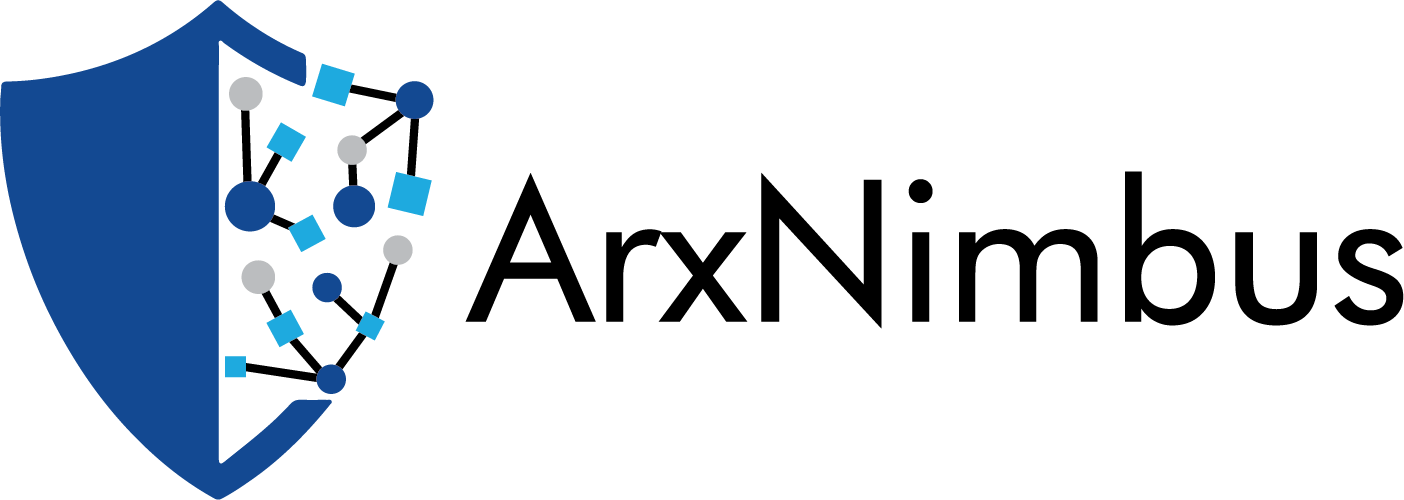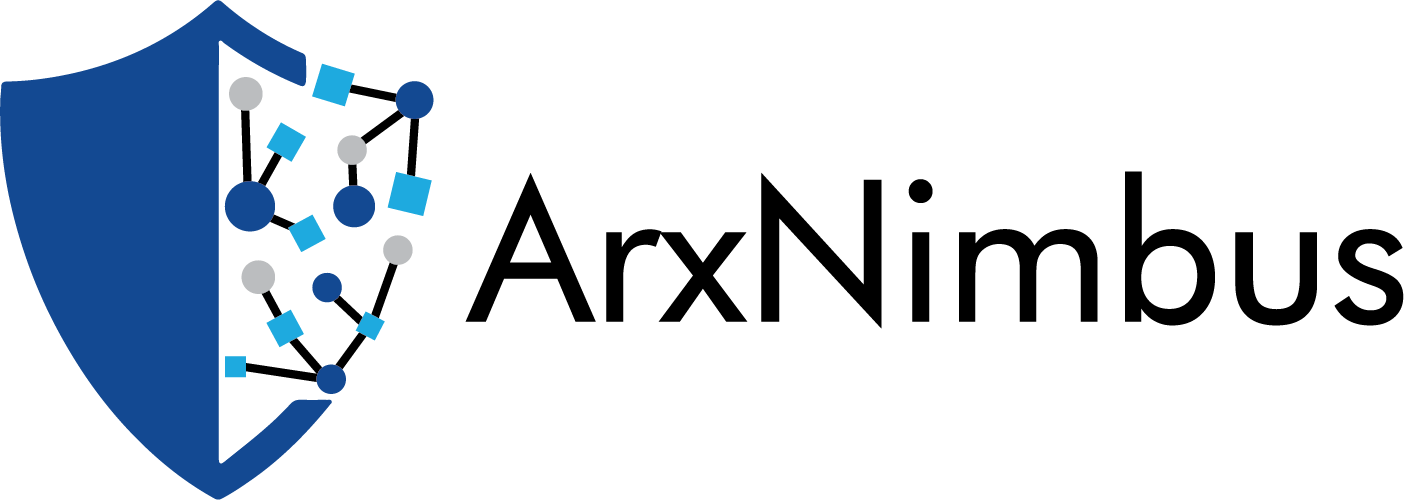ISO 27001 Framework
.png)
Using the ISO 27001 framework is essential for organizations aiming to reduce cybersecurity risk for several key reasons:
1.Comprehensive Approach: ISO 27001 provides a comprehensive framework for establishing, implementing, maintaining, and continually improving an information security management system (ISMS). It covers a wide range of security controls and best practices across various aspects of information security, including physical, technical, and organizational security measures.
2.Risk Management Focus: ISO 27001 adopts a risk-based approach to information security management. It requires organizations to systematically identify, assess, and treat information security risks based on their likelihood and potential impact. By focusing on risk management, organizations can prioritize resources and efforts to address the most significant security threats and vulnerabilities.
3.Alignment with Business Objectives: ISO 27001 emphasizes the alignment of information security objectives with the organization's overall business objectives and strategies. This ensures that security measures are tailored to support business goals while effectively mitigating cybersecurity risks. It also promotes a culture of security awareness and accountability throughout the organization.
4.Global Recognition and Compliance: ISO 27001 is an internationally recognized standard for information security management. Achieving ISO 27001 certification demonstrates to stakeholders, customers, and regulatory authorities that the organization has implemented robust security controls and practices. It can also help organizations comply with legal and regulatory requirements related to information security.
5.Continuous Improvement: ISO 27001 encourages organizations to adopt a process of continual improvement in managing information security. By regularly reviewing and updating security measures, organizations can adapt to evolving threats, technologies, and business requirements. This iterative approach helps organizations stay ahead of emerging cybersecurity risks and challenges.
6.Enhanced Trust and Reputation: Implementing ISO 27001 and achieving certification can enhance the organization's reputation and instill trust among customers, partners, and other stakeholders. It demonstrates the organization's commitment to protecting sensitive information and maintaining the confidentiality, integrity, and availability of data.
7.Cost Savings and Efficiency: ISO 27001 helps organizations identify and mitigate security risks proactively, reducing the likelihood of costly security incidents, data breaches, and compliance violations. By investing in preventive measures and risk mitigation strategies, organizations can potentially save money and resources in the long run.
In summary, using the ISO 27001 framework is crucial for organizations seeking to reduce cybersecurity risk effectively. It provides a structured and systematic approach to information security management, promotes risk-based decision-making, aligns security efforts with business objectives, and enhances trust, compliance, and resilience in the face of evolving cybersecurity threats.
Thrivaca. How will you use ISO 27001 and ACRQ to guide the security of your risk management program?









